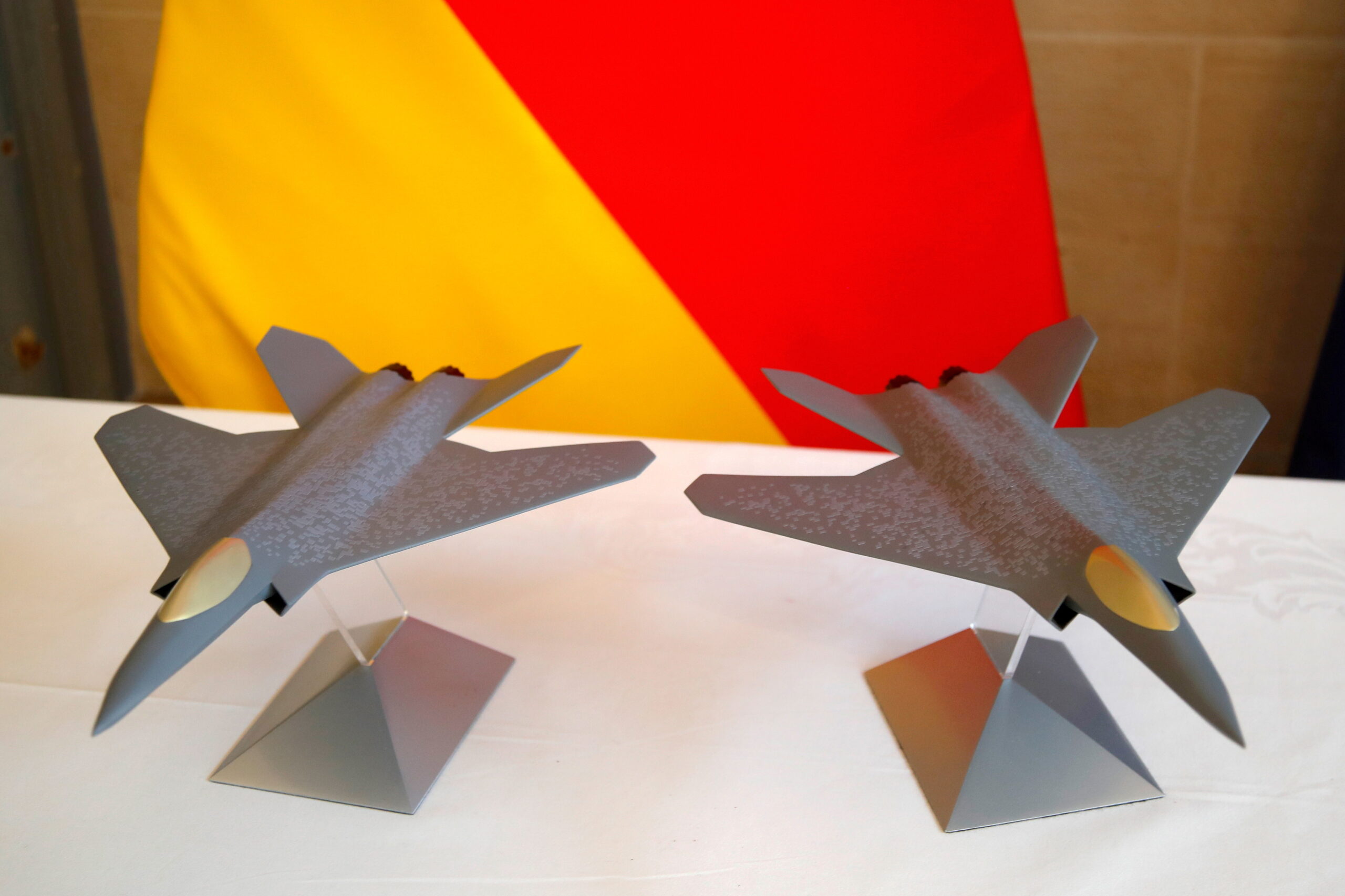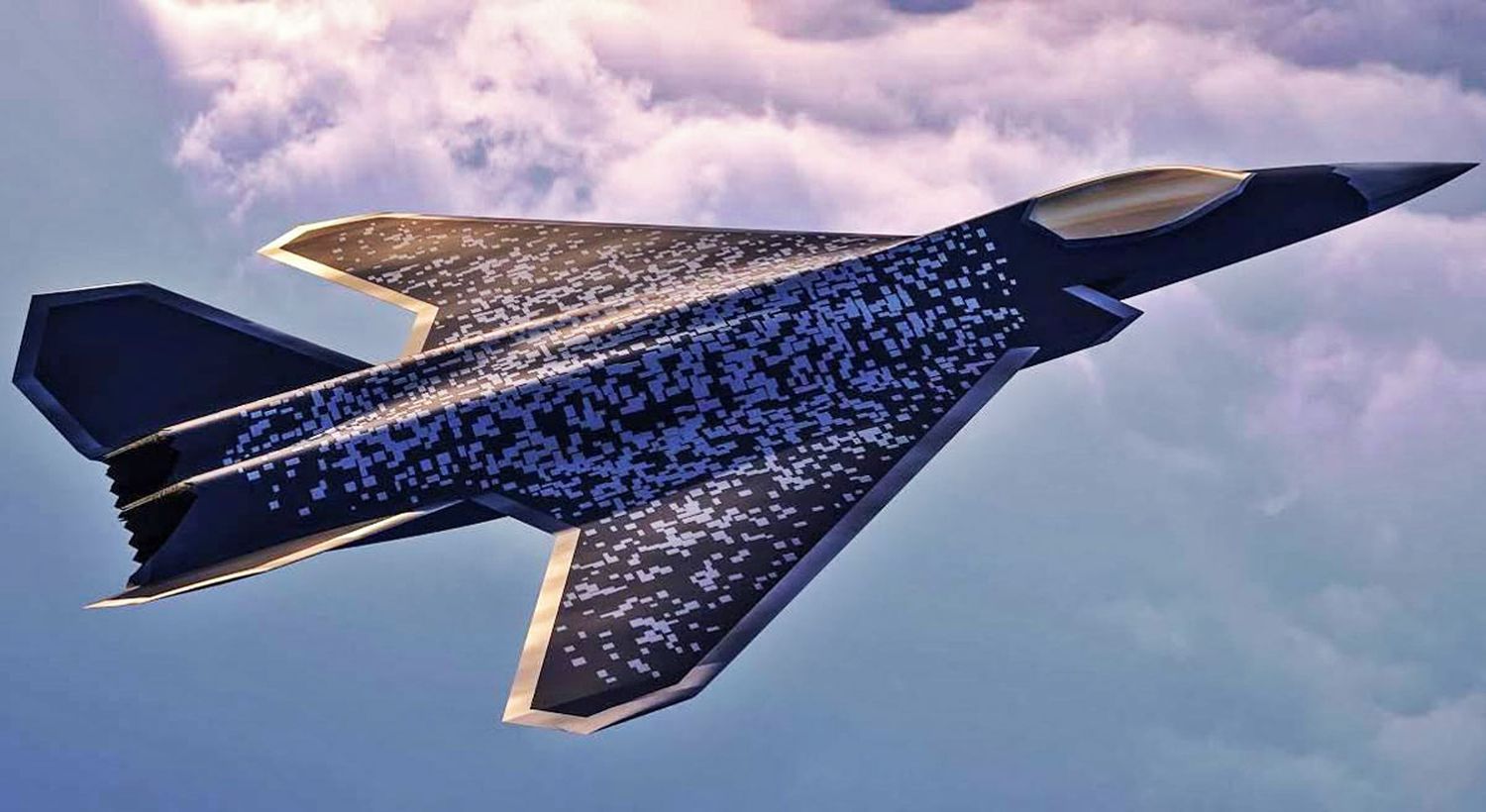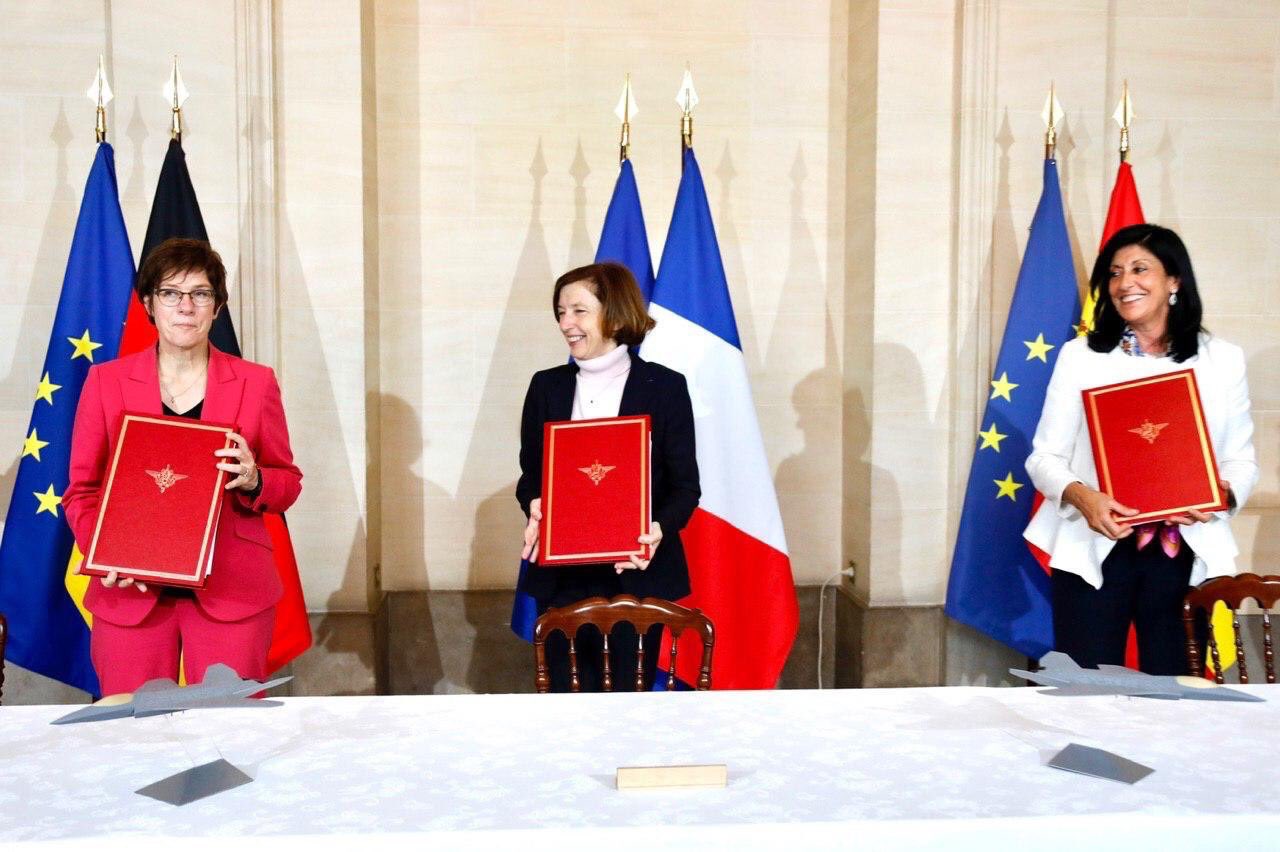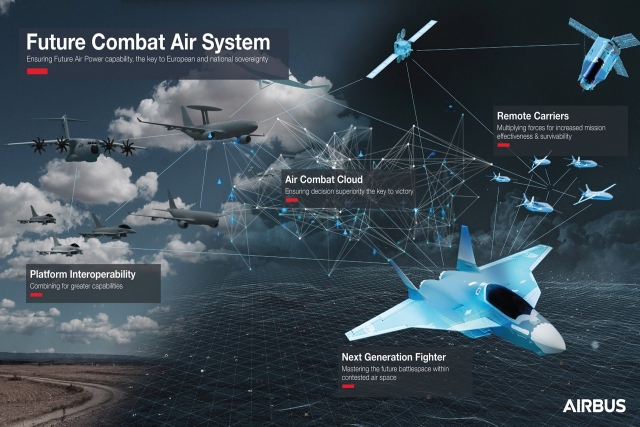Berlin, Madrid and Paris committed €3.6 billion to finance the next phase of the FCAS
The 3 member nations of the FCAS program agreed that they will fund its phase 1B (2021-2024) with €3.6 billion, or €1.2 billion each, and commit to continue working together until the first flight of the prototype of the new European sixth-generation fighter.
As reported by La Tribune, the commitment was signed Monday night in Paris and obliges the partners to continue financing the next phases of the project, for an estimated amount that could reach €8.6 billion or more, until the first flight of the demonstrator in 2027.
This agreement, which is a prerequisite to the signing of contracts between the interested industrial companies and the French defense procurement agency (DGA), sets the conditions and funding for the studies that will lead to an FCAS flight demonstrator. Florence Parly’s office expects contracts between the DGA and the aerospace companies involved to be signed in «the next few weeks.»
«No sticking points have been identified, but there are still discussions,» in particular on intellectual property and work-sharing between the various players, according to this source.

These discussions were challenging, especially between the French and Germans, who accused each other of seeking to take advantage of the other. There were even rumors of dissolution of the partnership and contingency plans to pursue the goal of creating a new-generation fighter on their own.
Clearly, there are still rough edges to be ironed out, but the future outlook for the FCAS became much clearer after the German Parliament approved the budget appropriation needed to finance Phase 1B last June.
The agreement was signed by French Armed Forces Minister Florence Parly, her German counterpart Annegret Kramp-Karrenbauer and Spanish Secretary of State for Defense Esperanza Casteleiro LLamazares.
Nouvelle signature. Nouvelle étape. Nouveaux budgets. France, Allemagne et Espagne bâtissent l'avion de combat du futur. Plus forts à plusieurs. pic.twitter.com/CaF0HCQaRs
— Florence Parly (@florence_parly) August 31, 2021
The three countries announced in May that they had reached a general agreement on the continuation of phase 1B of the SCAF program, which will include a fighter aircraft accompanied by drones (remote carriers). In addition, the chiefs of staff of the three air forces also signed on Monday the document setting out the common operational requirements and conditions (CORD) for the SCAF/FCAS.
8.6 billion euros until 2027
Each development phase of the FCAS program has an estimated duration of 32 to 40 months, depending on the difficulty of each pillar (the program was divided into 7 main development pillars, divided among the nations).
The current phase corresponds to detailed studies to define a flight demonstrator. It also covers the necessary technological maturation work. The financial discussions in this regard have been completed to the satisfaction of the parties involved.
The next stage is phase 2, which should run from 2024 to 2027, culminating in the launch of the first prototype. Phase 2, perhaps the most critical of the entire program, has an estimated budget of €5 billion, to be paid between the 3 partners.
These two phases (1B and 2) mark a change of scale compared to the amounts invested so far by the three countries. Since 2017, they have only spent €250 million each.
What it means, is that they now mean business. With the «money on the table», the problems and differences are going to be ironed out.
The importance of the FCAS program to the collaborative defense strategy of these 3 European countries is fundamental. And the impact of its development to maintain parity and technological sovereignty with the other major global powers is no less so.




Para comentar, debés estar registradoPor favor, iniciá sesión